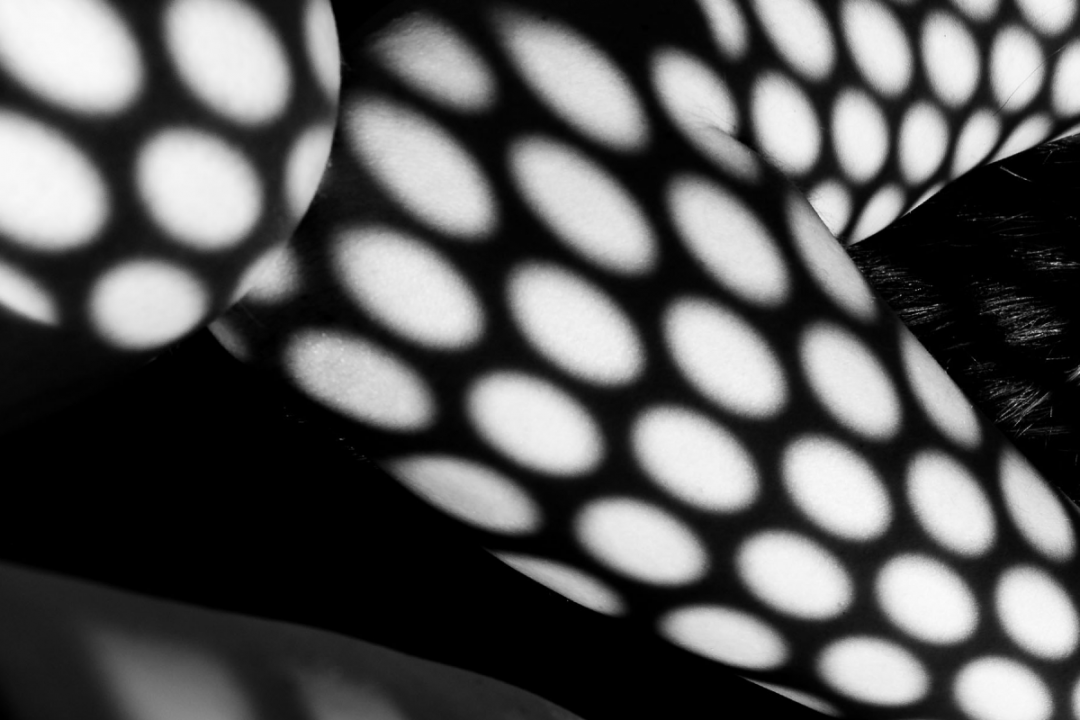Written by Bojana Stojcic
At first glance, it’s a regular day at Englischer Garten in central Munich, one of the biggest urban parks in the world—some are playing card games, others are reading, the elderly respecting social distance, Weißwurst and Helles being passed around friends and family—until you come closer and see butts and torsos sticking out of the high grass like little rock islands.
Don’t let the cool temperature fool you because you’ll be seeing them here all year round, regardless.
Three letters are all you need to know upon landing in Germany to not be surprised like me when I came to live here some nine years ago, three letters allowing all free-spirited people to get naked in designated areas—FKK, which, you may rest assured, has nothing to do with KKK. It stands for “Freikörperkultur” or literally “free body culture,” which is Germany’s nudist culture.
Where some find this attitude to nudity refreshing, others consider it shocking. Either way, one thing is sure—you will not and cannot be indifferent to it because it’s everywhere you turn.
In another part of the city, on the banks of the Isar, unusually large groups of people peel off their bodysuits to reveal naked skin before dipping their toes into the freezing cold river, with or without a mask on.
Apparently, nudism is on the rise these days not only in Germany but in lots of countries worldwide, which many link to coronavirus confinement. Now that plenty of people work from home, they seem less burdened by what to wear, or don’t bother with clothes at all. Perhaps a strong desire arises to experience a new sense of freedom after months of lockdown.
If you’re new around here and happen to have the same attitude toward stripping off, there are several “where to get naked in Germany” websites, with useful information on nude sports clubs, nude beaches, and mixed-gender saunas, including all pandemic updates you need to know to feel safe.
Before long you’ll realize Germans are born ready and there’s nothing to stop them from feeling good in their skin. Seriously, though, not even deadly viruses, let alone wild boars that occasionally steal naturists’ clothes and laptops in parks.
Communal public stripping came into practice in Germany in the late 19th century when clothing styles became less restrictive, with women tossing aside their corsets and men getting rid of their multi-piece suits. While FKK was banned in the German Reich, it came to life again after World War II, being associated with physical fitness, oneness with nature, and freedom of movement, and flourishing mostly in the East.
And while nudism is a popular pastime for people of all shapes, sizes, and ages in Germany nowadays, it is mainly the middle-aged and elderly who have the guts to strip down to their birthday suit.
Down south, hundreds of miles away in Serbia, where I come from, while it’s not uncommon to see bare breasts on the beach, it is primarily younger women with nice curves who are confident enough to sunbathe topless, which is the furthest they are willing to go.
The reluctance to go nude there can’t be blamed on bad weather, though, as they do in Scotland, but has everything to do with unwritten norms, dictating appropriate behavior.
Most people back home don’t have a laid-back attitude to nudity in times of a pandemic, or whenever, as Germans do. Not only because they would probably be accused of being pervs but also because most aren’t sworn enemies of convention.
Me, I was textile-free on a deserted beach in Greece once, hiding behind my toddler as stiff as a statue at first. Although I’m not German-born (read: I seem to have a problem stripping down in public), for a couple of hours I felt like a God, or at least an ancient Greek, and it felt damn good.
Bojana Stojcic comes from Serbia and has been living in Germany for quite some time. She agrees with Simone de Beauvoir that nudity begins with the face.


